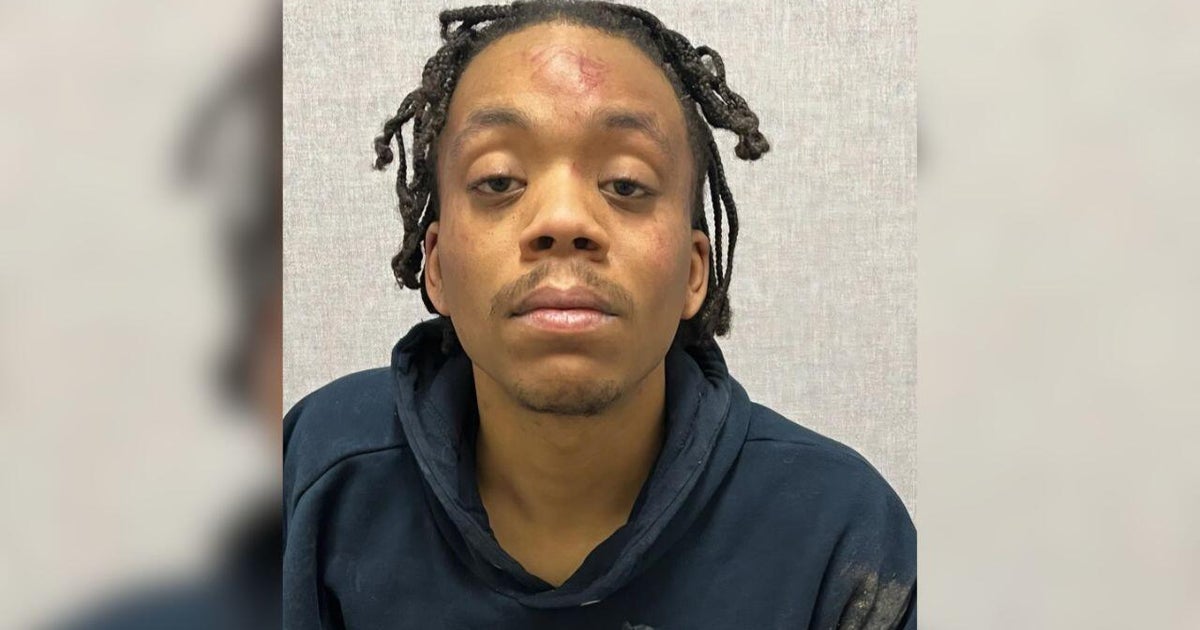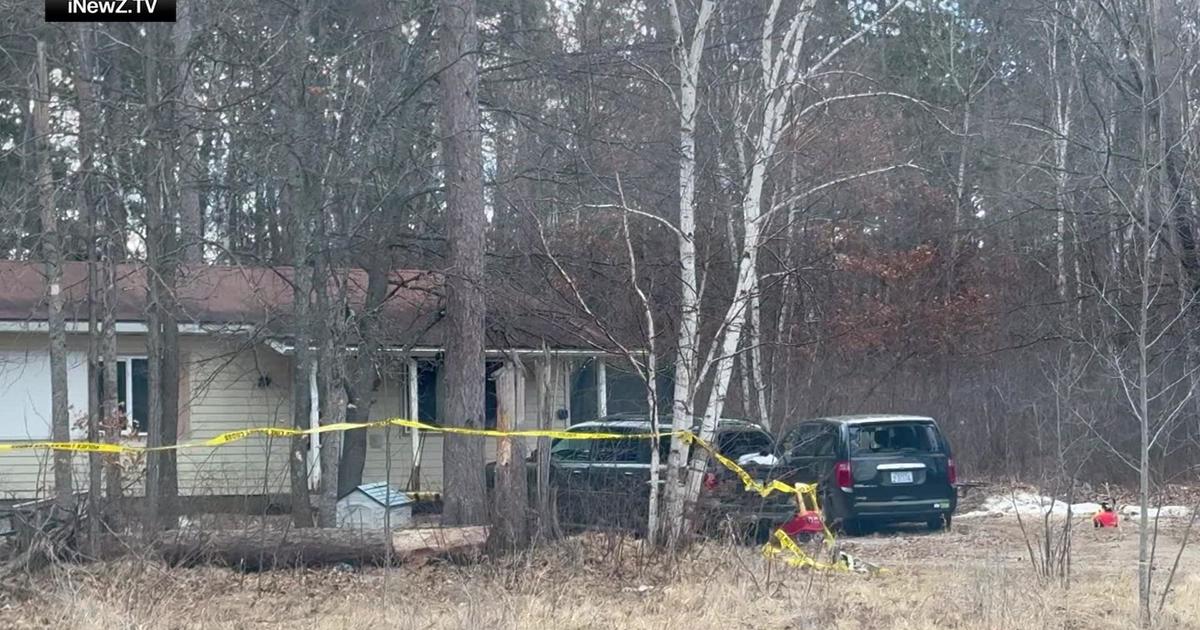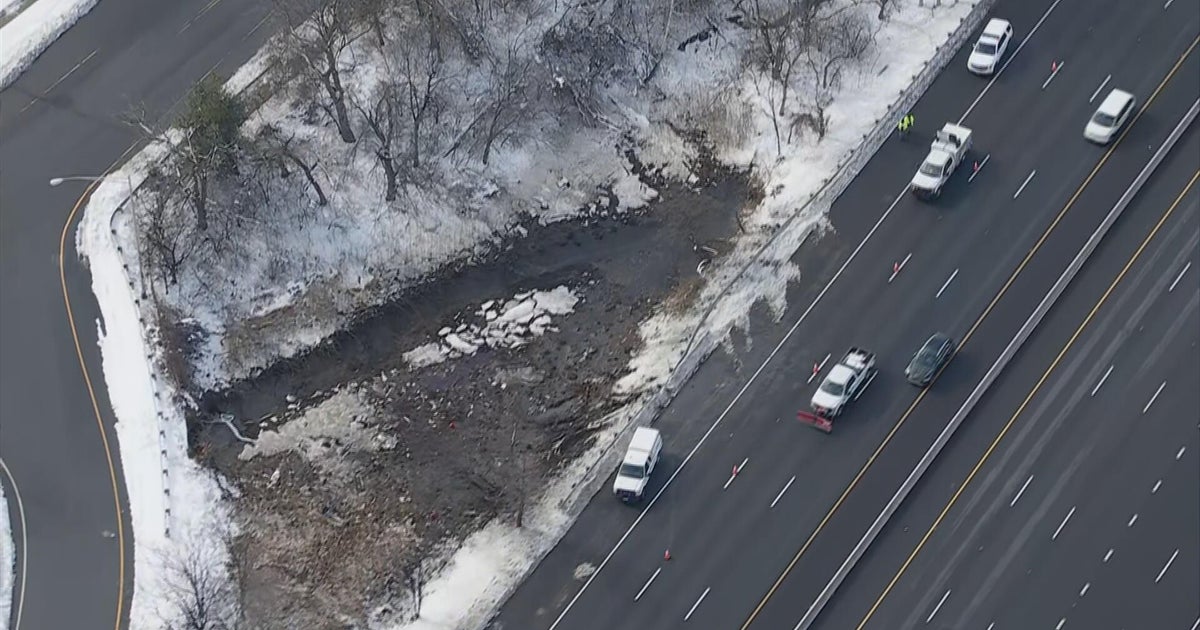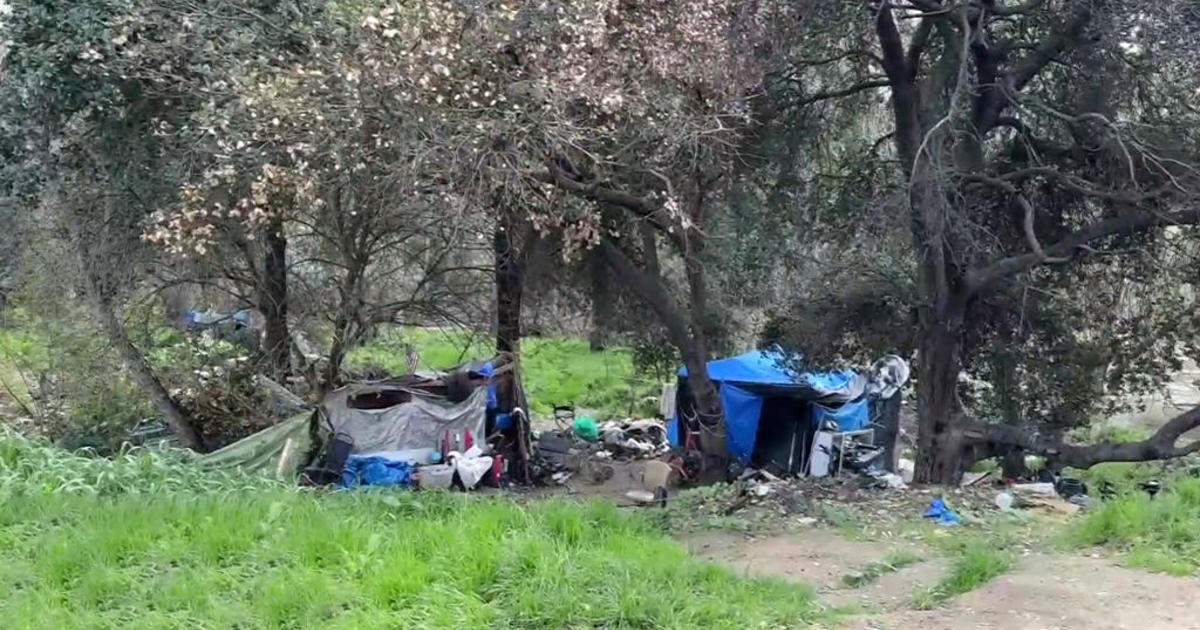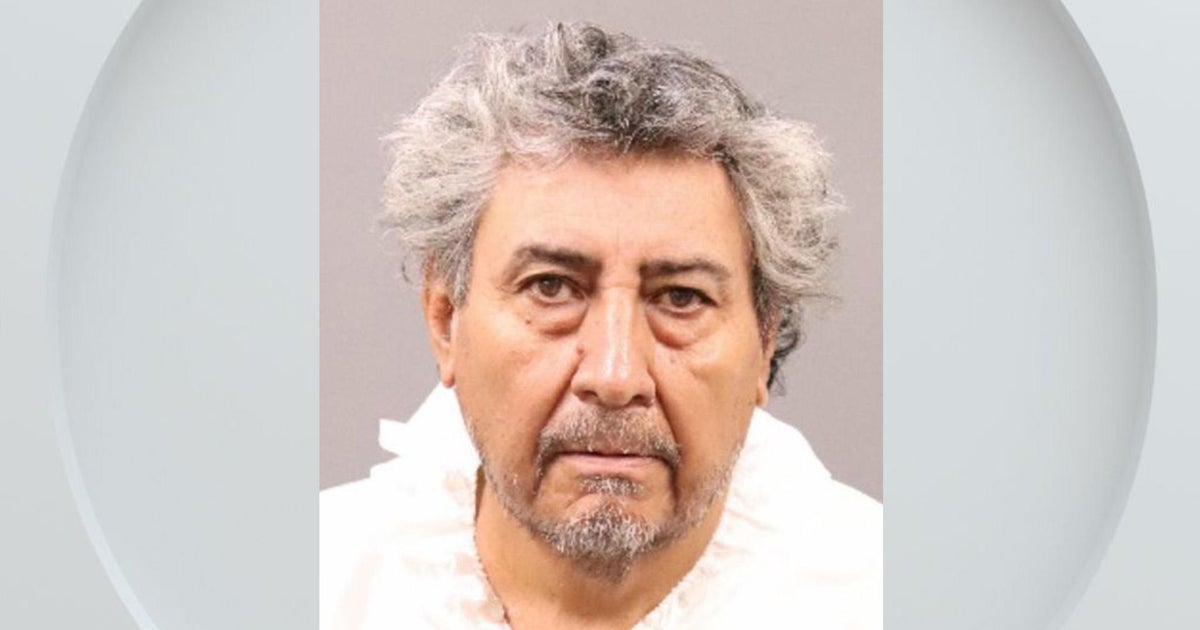Homeless Santa Rosa Man's 2013 Murder Conviction Overturned
SAN FRANCISCO (CBS SF) -- The murder conviction of a homeless man who fatally stabbed a fellow transient in downtown Santa Rosa in 2013 has been overturned.
A state appeals court in San Francisco on Wednesday overturned the murder conviction of Vladimir Sotelo-Urena, 34, who fatally stabbed Nicholas Bloom, 22, with a kitchen knife 70 to 80 times on Christmas Eve in 2013.
The ruling could lead to a new trial for Sotelo-Urena, who was convicted by a Sonoma County Superior Court jury in 2014 of first-degree murder for stabbing Bloom near the downtown public library on the evening of Dec. 24, 2013.
Superior Court Judge Rene Chouteau sentenced Sotelo-Urena to 26 years to life in prison.
A three-judge Court of Appeal panel unanimously ruled the trial judge should have allowed Sotelo-Urena to present expert testimony that homeless people experience violence more often than the general public and are therefore more sensitive to perceived threats of violence.
That testimony would have supported Sotelo-Urena's claim that he acted in self-defense when he killed Bloom after Bloom allegedly acted hostile and appeared to be drawing something from his pocket, the court said.
Sotelo-Urena told police after the killing that Bloom had approached him belligerently and angrily and he believed Bloom was one of three men who had attacked him in Santa Rosa several weeks earlier and was about to stab him.
Bloom, who was in fact in jail at the time of the earlier incident, was found to have had methamphetamine and other drugs in his body at the time he was slain.
At the trial, Chouteau refused to allow testimony on Sotelo-Urena's behalf by a retired San Diego judge who was an expert on homelessness and the high rates of violence toward homeless people.
The appeals panel said that refusal harmed Sotelo-Urena's right to a fair trial because the proposed testimony "was relevant to the issue of defendant's actual belief in the need to use lethal force to defend himself from Bloom."
The evidence would have helped the jury understand the situation "from the perspective of a chronically homeless man who had recently been violently assaulted and was aggressively approached by someone he believed to be the assailant," Justice James Richman wrote.
It could have resulted in the jury returning a lesser verdict of second-degree murder, manslaughter or justifiable homicide, the court said.

